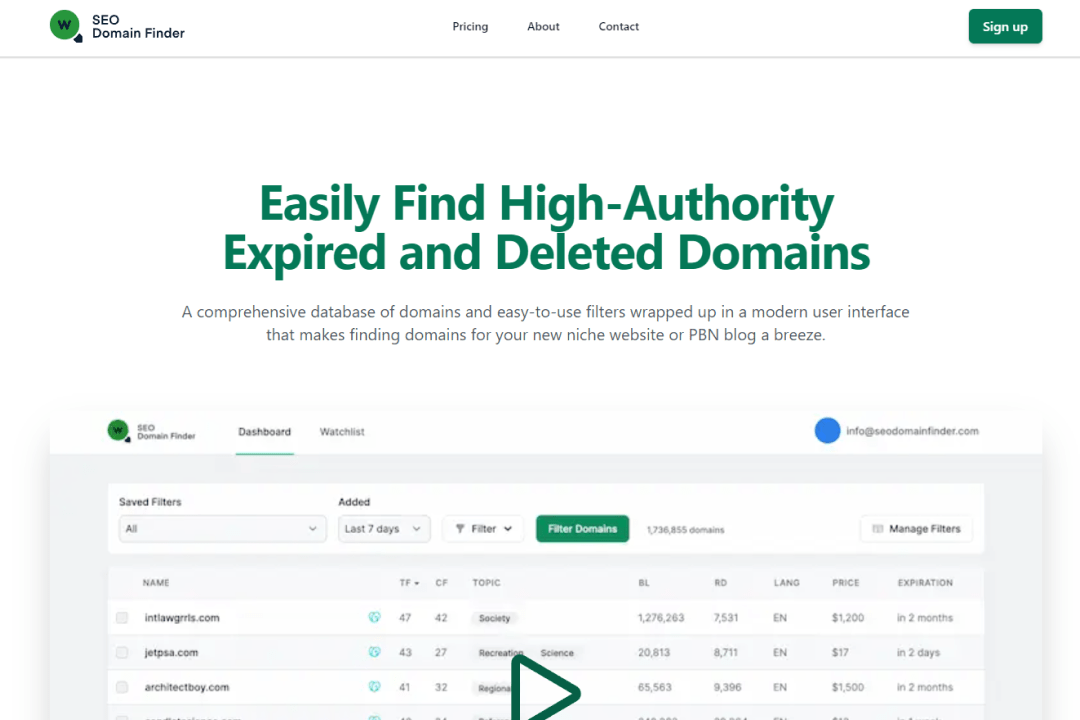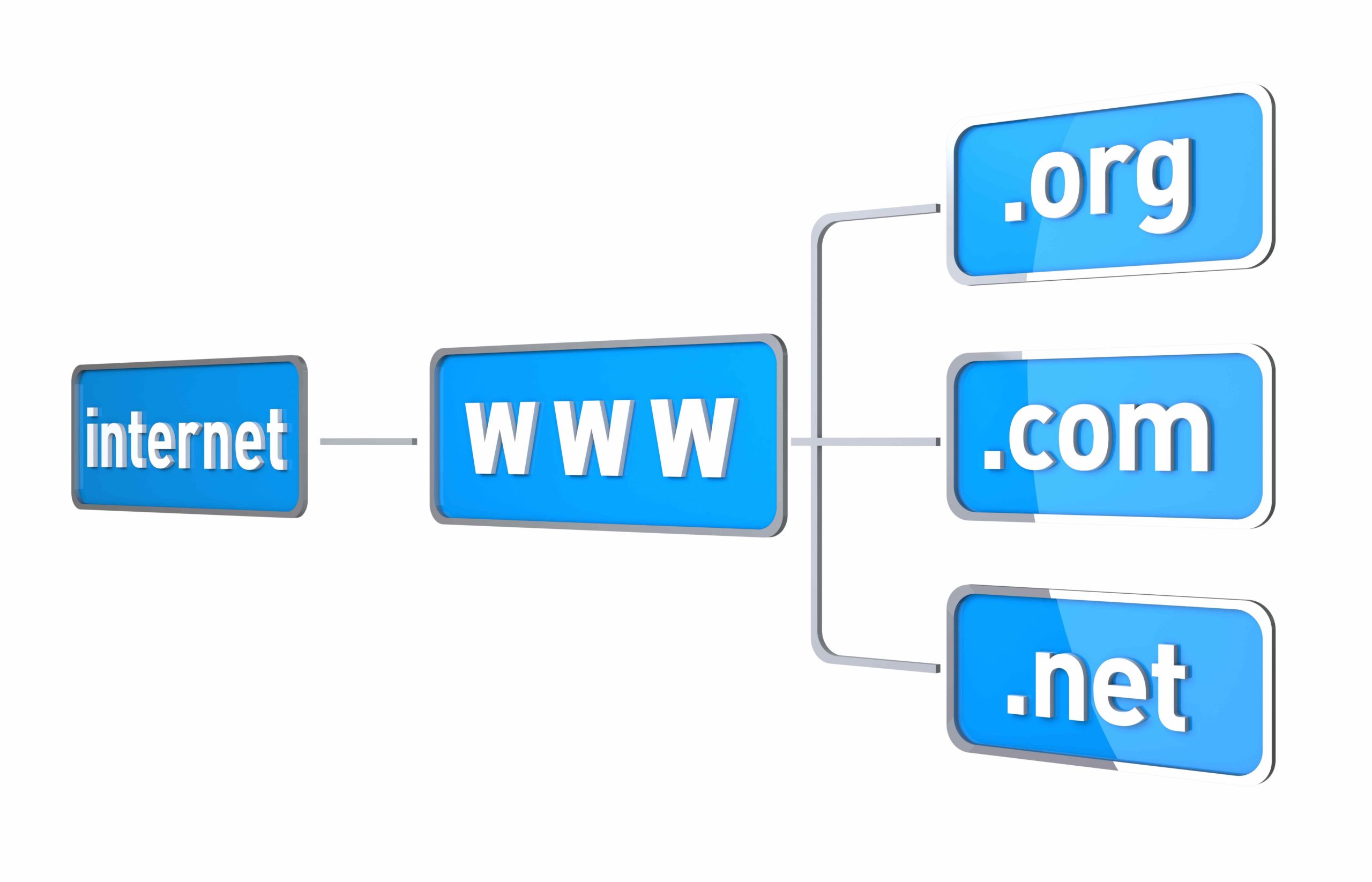
Your domain name is a significant part of your online presence and is often integral to your branding and marketing strategies. Losing control of it can have substantial consequences. It can confuse your customers, dilute your brand, and even lead to lost sales.
In the digital world, situations like these happen more frequently than you might think, leading to domain name disputes.
In this article, we’ll take a deep dive into the complexities of domain name disputes and discuss the steps you can take to handle and resolve them, giving you the tools to protect your online identity with confidence.
Key Takeaways
- A domain name dispute happens when there’s a disagreement over who should control a specific website address.
- To resolve domain name disputes, there’s a policy called the Uniform Domain-Name Dispute-Resolution Policy (UDRP).
- Typically, a domain name dispute resolution takes around 60 days from the day the dispute is filed.
- If you’re tangled up in a domain name dispute, experienced attorneys and dispute resolution services can provide invaluable help. They can offer expert advice, represent your interests, and guide you through the complex legal process.
- To avoid domain name disputes, it’s crucial that you perform thorough research before registering your domain name. It’s important to be aware of existing trademarks and businesses that could potentially conflict with your chosen domain name.
What Exactly is Domain Name Dispute
A domain name dispute happens when there’s a disagreement over who should control a specific website address.
They often arise when another party registers a trademark or service mark that you own as a domain name with the intention to sell similar goods or services or to profit from your trademark. This sneaky practice, known as cybersquatting, can seriously harm your brand reputation and your business.
Examples of Domain Name Disputes
Over the years, there have been numerous high-profile domain name disputes that can serve as cautionary tales for businesses. Here are a few examples to consider:
- mcdonalds.com: Initially acquired by a Wired magazine author exploring the value of domain names, the domain sparked interest when the author invited suggestions at ronald@mcdonalds.com. In a unique turn, the author negotiated the return of the domain to McDonald’s in exchange for a charitable contribution.
- micros0ft.com: Zero Micro Software initially registered micros0ft.com, but Microsoft successfully protested, leading to the suspension of the registration. Subsequently abandoned and picked up by Vision Enterprises of Roanoke, TX.
- mtv.com: Originally held by MTV video jockey Adam Curry, a dispute arose when MTV sought control after Curry’s departure. The conflict escalated to a federal court action but was eventually resolved out of court.
- peta.org: “People Eating Tasty Animals” secured the peta.org domain, causing friction with the more widely known People for the Ethical Treatment of Animals (PETA). Legal action ensued, resulting in the domain being awarded to PETA based on their established trademark rights.
(Source: https://www.bitlaw.com/internet/domain.html#disputes)
Each example here shows how important it is to secure the right domain name early on. If you don’t, you could end up dealing with legal and PR issues later.
How Are Domain Name Disputes Handled?
Domain name disputes are typically handled through the Uniform Domain-Name Dispute-Resolution Policy (UDRP), which is a process established by the Internet Corporation for Assigned Names and Numbers (ICANN).
You, as a complainant, would file a complaint addressing three elements:
- You must prove that the disputed domain name is identical or confusingly similar to a trademark that you have rights to.
- You must show that the current domain name holder has no legitimate rights or interests in the name.
- You need to prove that the domain name was registered and is being used with malicious intent.
If you’re successful in your complaint, the domain can either be canceled or transferred to you. It’s a process that doesn’t necessarily require a lawyer, but seeking legal advice can help navigate complexities.
The UDRP process is generally quicker and less expensive than court litigation, but it doesn’t prevent you from pursuing a lawsuit if you choose to.
Who Can Help With Domain Name Disputes?
If you’re tangled up in a domain name dispute, experienced attorneys and dispute resolution services can provide invaluable help. They can offer expert advice, represent your interests, and guide you through the complex legal process.
Here are some professionals and organizations that can assist with domain name disputes:
- Domain Name Lawyers: These are attorneys who specialize in Internet law. They can help you understand your rights and obligations, and can represent you in negotiations or legal proceedings.
- Intellectual Property Lawyers: They understand how IP laws apply to domain names.
- Internet Law Attorneys: They’ve specific knowledge about how the Internet and the law intersect.
- Dispute Resolution Services: These organizations offer alternative ways to resolve disputes without going to court.
- The National Arbitration Forum: They provide dispute resolution services for domain name disputes.
- The World Intellectual Property Organization (WIPO): They offer a dispute resolution service specifically for domain name disputes.
- Domain Name Registrars: These companies, like GoDaddy or Namecheap, may also offer support or assistance in domain name disputes.
Timeline For Domain Name Disputes
Typically, a domain name dispute resolution takes around 60 days from the day the dispute is filed.
Once you’ve filed your dispute, a provider reviews your complaint for compliance with Uniform Domain Name Dispute Resolution Policy (UDRP) guidelines. If your complaint isn’t compliant, you’ll have five days to correct it.
After your complaint is accepted, the domain owner has 20 calendar days to respond. If they don’t respond, they lose ownership by default.
The provider then appoints a panel within five days of the response deadline. This panel must reach a decision on your complaint within two weeks of their appointment.
In total, the entire process can take up to two months, but it’s worth the wait to protect your intellectual property rights.
How to Avoid Domain Name Disputes
To avoid domain name disputes, it’s crucial that you perform thorough research before registering your domain name. It’s important to be aware of existing trademarks and businesses that could potentially conflict with your chosen domain name.
Here are a few steps you can take to avoid potential disputes:
- Use online tools to check if your desired domain name or a similar one is already in use.
- Check for active websites.
- Look through registered trademarks.
- Explore business registries.
- Avoid similar or confusing names. If a domain name seems too similar to an existing trademark or business name, it’s safer to avoid it. This includes misspelled versions.
- Secure your rights to your business name and logo by registering them as your trademarks.
- Keep your registration up to date.
Learn how to choose the right domain name in our article: How To Choose The Right Domain Name: Expert Tips And Practices
Conclusion
In a nutshell, protecting your brand’s online identity is crucial. It’s important to understand what a domain name dispute is, how they’re typically handled, and who can help.
Remember, these disputes can take time to resolve. To avoid such issues, always be proactive in securing domain names related to your brand.
And if you find yourself in a dispute, don’t panic – there are experts who can guide you through the process.











































































































